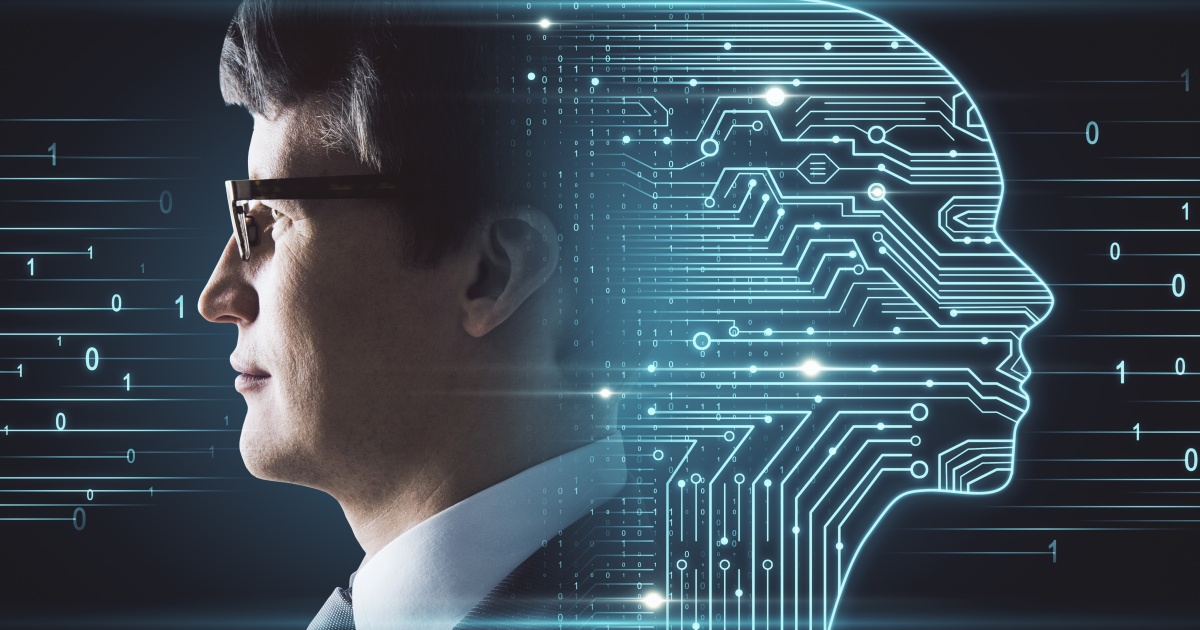
While Artificial Intelligence (AI) has been around for decades, until the last few years, it was mostly a "silent partner" used in behind-the-scenes applications. Those included network monitoring and maintenance, building control systems, supply chain optimization, cyber security, driverless vehicles, and more.
The explosive growth of AI over the last twelve months can be attributed largely to generative AI and its relationship to human experiences, especially the development of new content, including text, audio, video, simulations, animations, and interactive conversations so realistic that government regulators, business leaders, top academics, and ethicists are speaking out against its misuse.
"The fascination with the latest breakthroughs in AI has a lot to do with human nature," said Klaus Dimmler, co-founder and Chief Science Officer at B2B cloud marketplace Pax8, which itself has grown to well over a billion dollar valuation, based on its latest round of investment about a year ago. "Consider the impact generative AI alone can have on nearly every aspect of getting work done, whether it is writing a contract or an article, creating a report on financial results, or identifying areas of energy waste. There is nothing I can think of within a typical organization that cannot benefit from the use of AI. While there are, of course, risks of unintended consequences, with a thoughtful and responsible strategy, major improvements can be made to productivity, profitability, and risk management."
ChatGPT is one of the most searched terms on Google today and, while its status as a buzzword cannot be denied, many are unfamiliar with what GPT stands for: Generative Pretrained Transformer. Developed by OpenAI and released to the public for testing only last November, ChatGTP, a free chatbot based on GPT, can generate an answer to nearly any question it's asked (even if the answer is imperfect).
Over a million people signed up to use it in just five days, and it became wildly popular and reported on by renowned journalists who began to interview the bot in an attempt to prove that human writers, like themselves, could never be replaced by a machine-trained mind.
"We've seen technology evolve and have witnessed the debates about how software should or should not be used in an educational setting," said Dimmler, who is leading Pax8's AI strategy, both internally and in interactions with the service providers in the Pax8 marketplace. "Remember the humble calculator, followed by what were originally called word processing programs? When Google came along at the turn of this century, educators were nearly apoplectic about how easy it was to cut-and-paste information and adapt it into essays and dissertations. Now, just over 20 years later, with a single voice command, ChatGPT can create a 500-word policy on corporate ethics that would be hard to argue with."
Dimmler recommends embracing the new and, while caution is important, he says, "In our business, we have been applying AI to everything we do, which includes the end-to-end automation of discovering, procuring, and provisioning SaaS applications, including Microsoft's entire array of business applications. Intelligent systems are our bread and butter and, today, over 27,000 MSPs are using our platform to serve hundreds of thousands of their end customers much more competitively and profitably."
When Pax8 introduced its cloud marketplace in 2011, for many, the idea of an aggregation of software and network solutions that would diminish the value of traditional distributors seemed impossible.
"Like every disruptive company, we had our supporters and our skeptics,” Dimmler noted. “In fact, it was the skeptics who drove us to continually improve our ideas and offerings and what is now our considerable global infrastructure, which sits in the cloud and creates immediate value, given how much friction we've managed to take out of the process of buying and selling IT solutions. Why wouldn't we now add AI-based solutions into our mix to improve our platform but, even more importantly, to help MSPs operate more efficiently and bring AI offerings to their customers?"
A 2022 McKinsey survey revealed that AI adoption has more than doubled over the past five years, and investment in AI is continuing to grow rapidly. Generative AI tools, including DALL-E (a tool for AI-generated art), will continue to change how work gets done, including artwork. While the full potential of advanced AI is still unknown, as are the risks, the benefits are infinite across every industry, from healthcare for rapidly diagnosing illnesses to manufacturing for predictive and prescriptive maintenance on the factory floor.
"Arthur Samuel of IBM developed the first computer program that mimicked the neural processes three years after Canadian psychologist Donald Hebb first described them in his groundbreaking book, The Organization of Behavior, in 1949," explained Dimmler, who is an aficionado of the history of technology. "Throughout its long history, however, machine learning was thought to be limited to enabling computers to perform specific, narrowly defined tasks. Fast forward 70 years, and ChatGPT has shattered these perceived limitations."
Microsoft today is getting a huge share of credit for making a multibillion-dollar investment in ChatGPT, but every cloud hyperscaler has been developing their own versions of generative AI, including Google, which last month announced its intention to integrate advanced intelligence tools into Google Cloud, including Workspace.
In addition, Google is now offering $250,000 in free cloud credits to AI startups in the space, including AI models from Cohere and Anthropic, the latter of which Google invested in earlier this year. The company will roll out developer access to their 540-billion parameter PaLM (Pathways Language Model) foundation, a top rival to OpenAI's GPT series.
When asked what he recommends to MSPs struggling with which AI applications to bring to their own business and their customers, Dimmler suggested, "Experiment to see what it can do for your business. But, do so with caution. It is still a new and untested technology. At Pax8, we are testing and developing reliable systems that are designed to be optimized for MSPs' businesses, providing support, insights, and most importantly, automation."
Edited by
Erik Linask